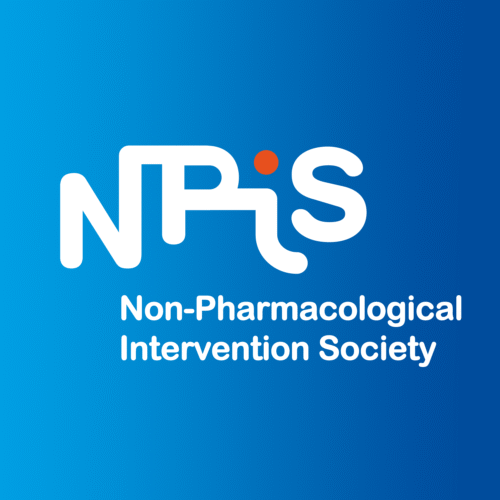From efficacy to implementation: The importance of and methods for engaging with knowledge users to enhance the effectiveness of NPIs
All NPIs should be designed to address a clinically significant problem facing society. Clinically significant means a health problem with a high degree of social, environmental or economic importance from the perspective of multiple knowledge users, including addressing the health effects of climate change; preventing infectious disease transmission; or reducing levels of obesity. In this context, knowledge users may include those who receive, deliver, offer, administer or pay for your interventions, and if one or more of these are important for the ‘success’ of your intervention, they should be integrated into your intervention research from inception through implementation. This presentation will identify the key knowledge users of NPIs, their roles and key ‘outcomes’ of interest, at which stages of the research process to engage them, and how.



